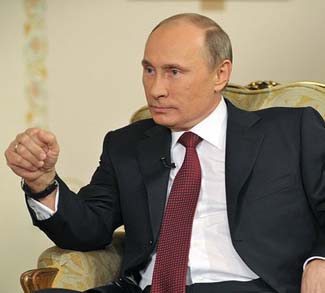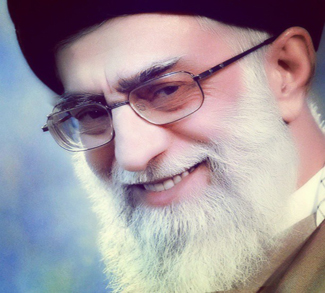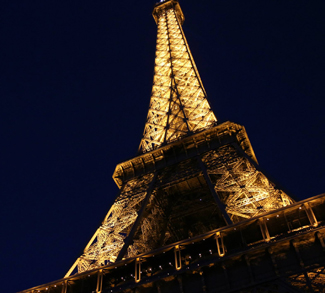At a recent economic forum, Russia Prime Minister Dmitry Medvedev noted that falling oil prices would soon force the government to adjust its central budget. He also warned that people must “prepare for the worst-case scenario.”
Amid sub-$30 oil prices, Western sanctions, an expensive military deployment in Syria, and now an emerging market capital flight, one can’t help but get the feeling that the “worst-case scenario” is already in full swing.
Simply put, something has to give soon in the central budget or a repeat of the 1998 crisis will be in the cards.
The 2016 budget adopted a benchmark oil price of $50 per barrel. Energy is of course critical to the Russian economy, and revenue from the energy sector accounts for over half of the government’s revenues. With oil trading at under $30 a barrel at market’s close on Friday, Russian policymakers have a huge fiscal problem on their hands. Even more concerning is the growing consensus among market analysts that oil prices will remain depressed for several years.
The current budget would require an oil price of $82 to balance the government’s books. It includes a substantial boost in defense spending, which was raised to $54.1 billion in 2015, in large part due to President Putin’s air campaign in Syria.
An energy reserve fund has been key to stabilizing Russian finances until now. The fund was padded from the windfall of energy exports pre-price drop. It stood at around $90 billion in July 2014. Since then it has slowly been whittled away to plug growing budget holes. In December 2015 alone a staggering $9.4 billion was spent by the government. The fund stands at around $49 billion as of January 1, 2016.




